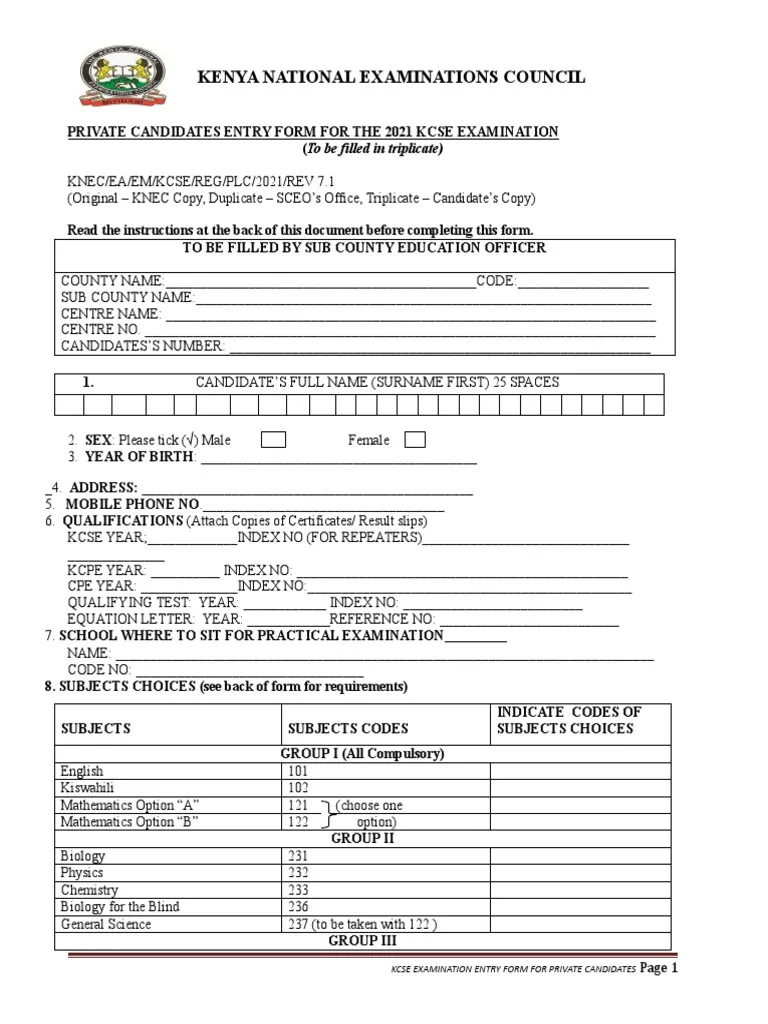A Certificate in Real Estate in Kenya is an excellent entry point for individuals looking to break into the booming property sector. Whether you’re aiming to become a real estate agent , leasing officer , or property assistant , this qualification offers foundational knowledge and practical skills that are highly relevant in today’s competitive real estate market.
In this guide, you’ll learn:
- What the certificate covers
- Entry qualifications
- Top institutions offering the course
- Career paths after graduation
📌 What Is a Certificate in Real Estate?
This is a short-term training program designed to equip learners with essential skills in:
| Topic | Description |
|---|---|
| Property Law | Understanding land rights, lease agreements, and title verification |
| Valuation Basics | How to assess property value using industry-standard methods |
| Rental Management | Tenant relations, rent collection, and lease enforcement |
| Sales and Marketing | Promoting properties and closing deals effectively |
| Land Administration | Managing property records, documentation, and surveying basics |
📌 Ideal for aspiring agents, office administrators, or support staff in real estate firms.

🎓 Entry Requirements for the Certificate Program
Here are the typical academic and personal requirements:
| Requirement | Details |
|---|---|
| KCSE Certificate | Minimum grade ofC (Plain)or equivalent |
| Mathematics | Must have at leastGrade D |
| English / Kiswahili | Pass in either subject |
| Age Limit | No strict limit—open to all adults |
| Application Mode | In-person or online depending on institution |
📌 Some schools may accept mature learners without KCSE—especially if they have work experience.
🏫 Top Institutions Offering Certificate in Real Estate (2025)
Here are some of the best places to study real estate at certificate level:
| Institution | Location | Duration | Key Features |
|---|---|---|---|
| Kenya Institute of Estate Agents (KIEA) | Nairobi | 6–12 months | Focused on agent licensing and practical training |
| Technical University of Kenya (TUK) | Nairobi | 9 months | Hands-on learning and modern tools |
| Jomo Kenyatta University of Agriculture and Technology (JKUAT) | Juja | Short courses available | Practical valuation and marketing training |
| University of Nairobi (Short Courses) | Nairobi | 6–9 months | Evening and weekend classes for working professionals |
| Mombasa Polytechnic University College | Mombasa | 6–12 months | Coastal-focused real estate training |
| Kenyatta University (KU) | Nairobi | Evening programs | Flexible learning options |
🎓 Many offer part-time, evening, or distance learning options for working professionals.

🧭 Step-by-Step Guide to Enrolling in a Real Estate Certificate Program
Step 1: Choose an Accredited Institution
Select from ISK-approved or REAK-affiliated training centers.
Step 2: Meet Academic Requirements
Ensure you have your KCSE results slip or equivalent.
Step 3: Submit Application Online or In-Person
Most schools now offer digital enrollment via their websites.
Step 4: Pay Tuition Fees
Fees vary by institution:
- Public colleges: KES 20,000 – KES 50,000
- Private institutions: KES 30,000 – KES 70,000
Step 5: Attend Classes and Complete Exams
Some programs include internships or field attachments.
📌 Upon completion, you can apply for ISK certification to practice professionally.
📚 Course Structure and Key Subjects Covered
While each school has its own curriculum, most certificate programs cover:
| Module | Description |
|---|---|
| Introduction to Real Estate | Overview of property markets and ownership types |
| Land Law and Tenure | Freehold vs Leasehold, title verification basics |
| Property Valuation Principles | Basic methods of property pricing and appraisal |
| Sales and Marketing Techniques | Client negotiation, digital marketing, CRM use |
| Rental and Property Management | Rent collection, tenant screening, maintenance coordination |
📌 Some programs also include basic surveying , title search , and real estate ethics .
🧑💼 Career Opportunities After Completing the Certificate
With a certificate in real estate management, you can pursue several roles:
| Job Role | Description |
|---|---|
| Real Estate Agent | Help clients buy, sell, or rent property |
| Property Assistant | Support managers with rentals and sales |
| Leasing Officer | Manage commercial and residential leases |
| Customer Care Executive | Handle client inquiries and bookings |
| Field Officer | Conduct property visits and collect data |
🎓 Many graduates begin as junior agents or support staff before advancing into leadership roles.

💼 Where Can You Work With This Certificate?
Top employers include:
| Employer | Role Available |
|---|---|
| Jengo Real Estate | Sales agent, customer service |
| Knight Frank Kenya | Junior broker, property assistant |
| Jamii Bora Housing | Field officer, community housing agent |
| SACCOs & Cooperatives | Affordable housing scheme agent |
| Local Developers | Leasing and marketing assistants |
📌 Many firms offer on-the-job training after hiring.
📈 Salary Expectations After Certification
Salaries vary based on location and employer:
| Experience Level | Monthly Salary Range (KES) |
|---|---|
| Entry-Level Agent | 25,000 – 45,000 |
| Mid-Level Agent | 50,000 – 100,000 |
| Team Leader / Supervisor | 100,000 – 150,000 |
📌 Salaries increase significantly with experience and additional certifications.
⚖️ Licensing and Professional Recognition
After completing your certificate, it’s important to register with the Institute of Surveyors of Kenya (ISK) to practice legally.
Steps to License:
- Apply through ISK website or office
- Attach certified copies of your certificate and ID
- Pay registration fee (varies per year)
- Receive your professional license and number
📌 Without ISK certification, you may not be recognized as a legal real estate practitioner.
🚨 Challenges & Tips for Success
| Challenge | Tip |
|---|---|
| High competition among agents | Build a strong network and brand yourself well |
| Lack of formal jobs | Start with internships or apprenticeships |
| Limited recognition of certificate holders | Consider upgrading to a diploma later |
| Low initial income | Focus on commission-based roles and referrals |
| Slow client acquisition | Use social media and digital platforms like Zameen Africa |
📌 Persistence and smart marketing can help you grow quickly in the industry.
📊 Growth Prospects in Real Estate Management
The real estate sector in Kenya is expanding rapidly, especially in Nairobi, Mombasa, and emerging towns like Eldoret and Ruiru .
By 2025, over 15,000 new real estate job openings are expected across agencies, developers, and SACCOs.
📈 With experience, many certificate holders go on to start their own real estate businesses or upgrade to degree-level education.
🧾 Conclusion
A Certificate in Real Estate in Kenya is a fast and accessible way to enter one of the country’s fastest-growing sectors.
Whether you’re interested in property sales, rental management, or investment advisory, this certificate gives you the foundation to build a successful career.
Start exploring accredited institutions today—and unlock your future in Kenya’s booming real estate market.
❓ Frequently Asked Questions (FAQs)
Q1: What are the entry requirements for a certificate in real estate management?
A: At least KCSE with C Plain or equivalent. Some institutions accept mature learners.
Q2: How long does the certificate take to complete?
A: Most programs run for 6–12 months , depending on the institution.
Q3: Can I get a job after completing the certificate?
A: Yes! Many real estate firms hire certificate holders for entry-level roles like agent, assistant, or field officer.
Q4: Do I need to be licensed to work in real estate?
A: To practice professionally, you should register with the Institute of Surveyors of Kenya (ISK) .
Q5: Are there part-time or evening courses available?
A: Yes, many institutions like TUK and KIEA offer flexible schedules for working professionals.
